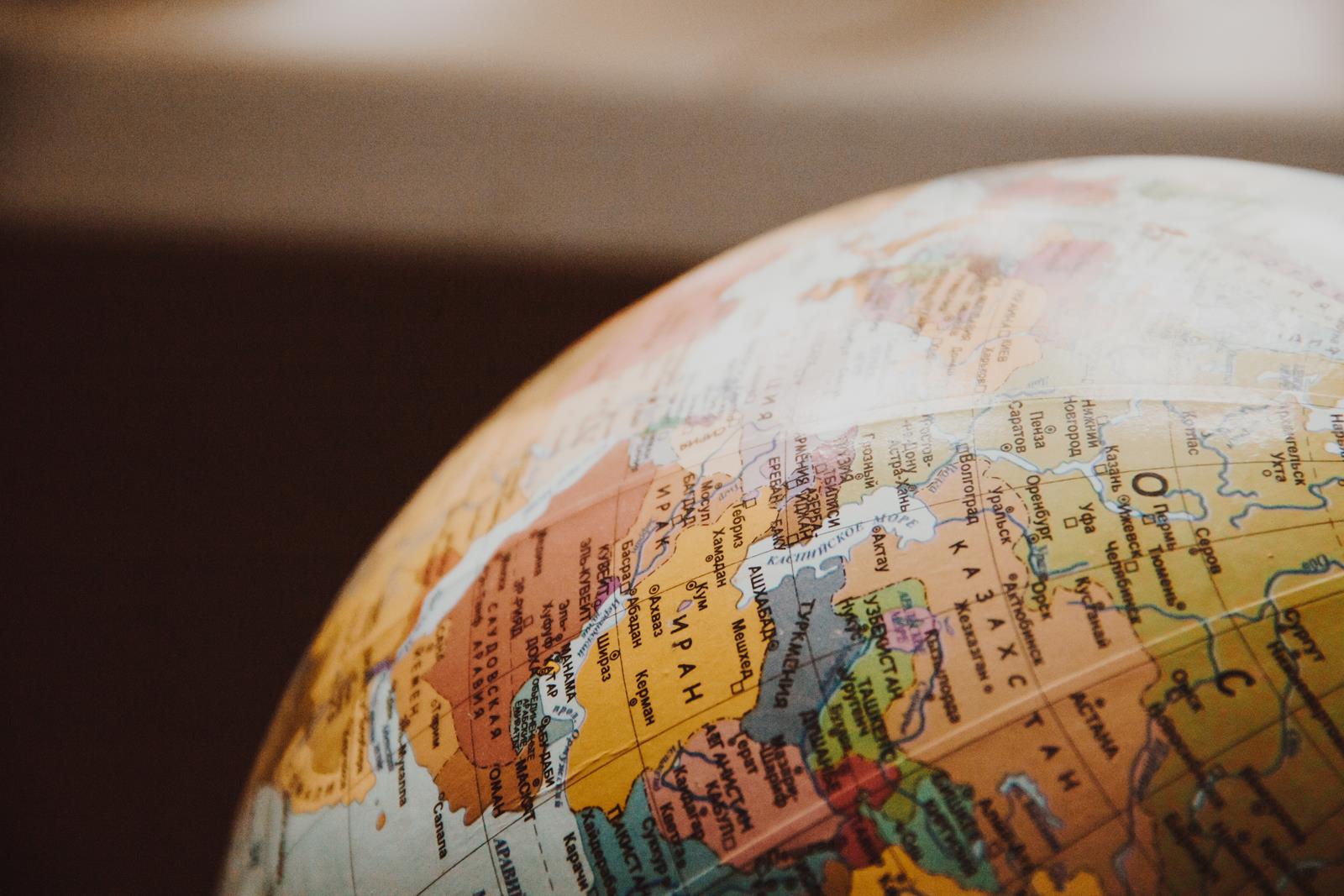There’s more to travel than just getting from A to B. There is a trip, an experience, and often a change. Since the beginning of time, people have been venturing into unknown areas, seeking new opportunities, and satisfying their natural interest about the world beyond their own surroundings. These days, travel includes everything from short weekend trips and work trips to life-changing events and fully immersing yourself in a culture. It has a purpose, a method, and a goal. It gives people a chance to get away from their daily lives, reconnect with themselves, and see the world’s variety. In this article, we explore the true definition of travel—not just as a physical act, but as a rich concept influenced by emotion, purpose, and human connection. Travel, in its fullest sense, is an essential expression of human freedom and exploration.
Travel as Movement and Purpose
Travel, most fundamentally, is the act of moving from one location to another. This movement might be local—that of visiting a nearby town or driving to work—or global—that of traveling continents for business, leisure, or discovery. From walking and cycling to flying and cruise, the ways of travel differ greatly and affect time, experience, and perspective of distance.
Travel, yet, is also profoundly anchored in goal. People travel for fun, to break free from daily grind, to learn about other cultures, or to relax. Others travel for employment, family responsibilities, health care, or migration—need. The destination, preparation, and emotional result of travel usually reflect the motivations underlying it. Although one person’s vacation might be another’s job assignment, both are limited by the same essence of venturing beyond known area.
Emotional and Psychological Dimensions of Travel
Travel marks a psychological change as much as a physical trip. Steering beyond your comfort zone, embracing new surroundings, and running into foreign traditions may help you develop personally, widen your horizons, and improve mental health. Many individuals say that travel helps them “find themselves,” release tension, or question conventional wisdom about the world.
Travel has well-documented emotional advantages. It may help to lower anxiety, boost imagination, and promote mindfulness. Breaking out from normal activities helps people to become more aware of their surroundings and receptive to unplanned events. This more awareness helps one to appreciate the place as well as their inner self. Travel may also promote empathy when individuals see many ways of life and come to see the common humanity that spans countries.
Cultural Exchange and Global Understanding
The chance for cultural interaction is among the strongest benefits of travel. People who travel to new locations interact with languages, customs, foods, and values that could be very different from their own. These exchanges foster global citizenship, tolerance, and lessening of discrimination. Travelers learn about how others live, think, and enjoy life by interacting with nearby towns and personally experiencing several lifestyles.
Travel serves as a link in a society growingly linked but split by politics and philosophy. It lets people question preconceptions, tell tales, and create deep relationships. Mutual learning and respect might find outlets in cultural tourism, volunteer excursions, study abroad programs. Travel presents many chances to widen one’s perspective, from sampling regional cuisine to attending a customs celebration to just chatting with a local.
Modern Trends and the Evolution of Travel
Improvements in infrastructure, technology, and worldwide accessibility have fundamentally changed travel. People’s travel, lodging, and foreign city navigation have all been transformed by the internet and cellphones. Travel has become more flexible and reasonably priced than it has ever been thanks to budget airlines, internet travel agents, and sharing economy sites like Airbnb.
Concurrent with this, contemporary tourists are become more aware of their influence. As individuals try to lower carbon footprints, boost local businesses, and preserve cultural legacy, sustainable travel, eco-tourism, and responsible tourism are gathering steam. Additionally on the increase and blurring the barriers between work and pleasure are virtual travel and digital nomadism. Travel in this new century is about purpose, responsibility, and the trip itself rather than just the goal.
Conclusion
Travel definition goes far beyond railroads, airlines, and tourist sites. Travel is, fundamentally, an opportunity to investigate, interact, and change. It improves the human experience in many different ways by combining movement, goal, emotion, and discovery. Travel has always been a part of our narrative, from historic pilgrimages to contemporary vacations—a means of comprehending the world and our role in it. As travelers, we carry not only luggage but also ideas, memories, and insights that shape who we are. Whether we journey for leisure, growth, or necessity, the act of traveling unites us in a shared pursuit of connection and wonder. Ultimately, travel is not just where we go—but how we grow from going there.


